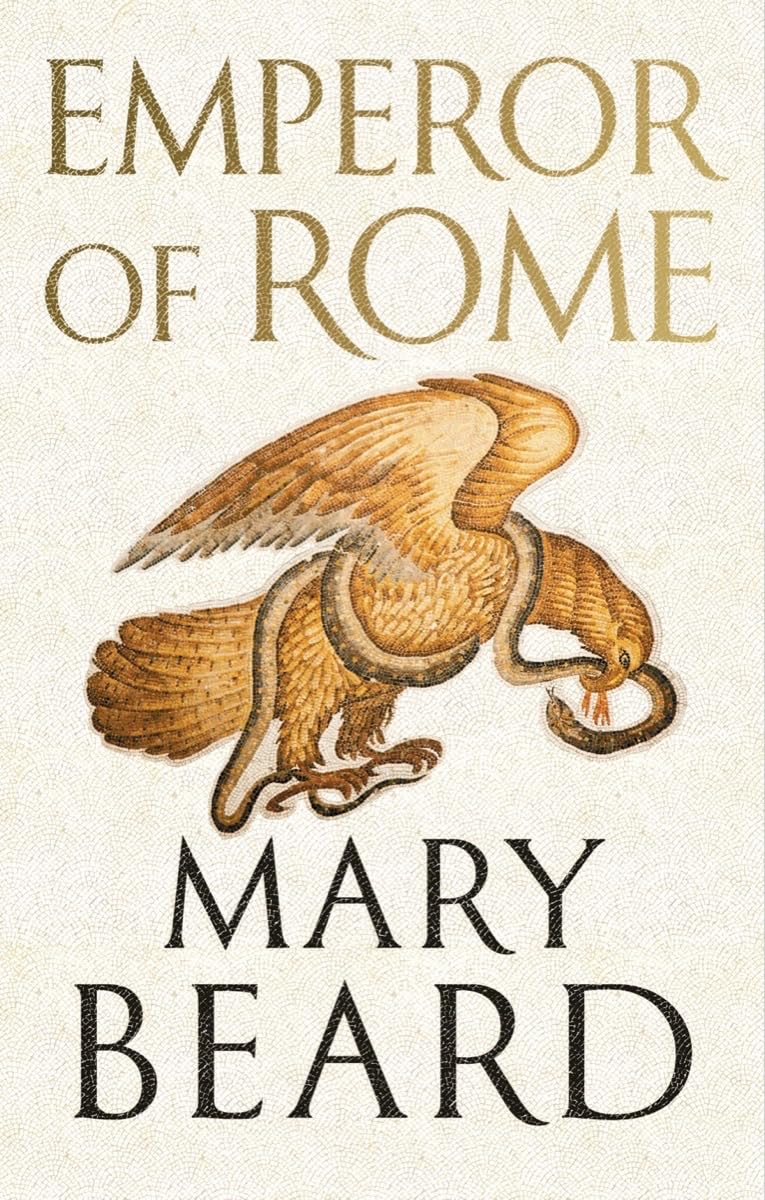There are countless books about Roman emperors, but when Beard, a renowned expert in ancient history, decides to write one, it’s worth paying attention.
Beard, known for her acclaimed works such as SPQR and Twelve Caesars, skillfully communicates the challenges of studying thousands of papyri, stone, and bronze inscriptions excavated by archaeologists, many of which are still unread. She highlights a critical flaw in the Roman empire that was never addressed: the issue of succession. Unlike later European monarchies where the eldest child usually inherited the throne, ensuring stability even if not competence, the Romans didn’t follow this system. It was rare for a son to succeed his father; instead, a successor was often legally adopted by the emperor. This method generally led to a smooth transition of power, but many emperors came to power through assassination, civil war, mass murder, or other underhanded tactics.
Beard argues that this explains why Roman emperors are typically labeled as either “good” or “bad.” Emperors who were succeeded by their chosen candidate generally had a positive reputation, as no one wanted to upset the current ruler. Having already covered the broader aspects of Roman history in SPQR, Beard now focuses on the finer details of how emperors lived, governed, traveled, dined, and entertained themselves.
The result is a varied collection of insights. Chapters on imperial dining rooms and palaces showcase the remarkable abilities of archaeologists in restoring decaying ruins, but they also include more architectural details than the average reader might prefer. While an emperor’s face is found on thousands of surviving sculptures and millions of coins and trinkets, it’s not surprising that none of these are accurate portraits.
Beard skillfully explores the workings of the imperial bureaucracy, demonstrating how it managed an overwhelming amount of paperwork from remote officials, cities, military leaders, and individuals in an era without a postal service. The death of emperors, whether natural or otherwise, often led to intriguing outcomes.

